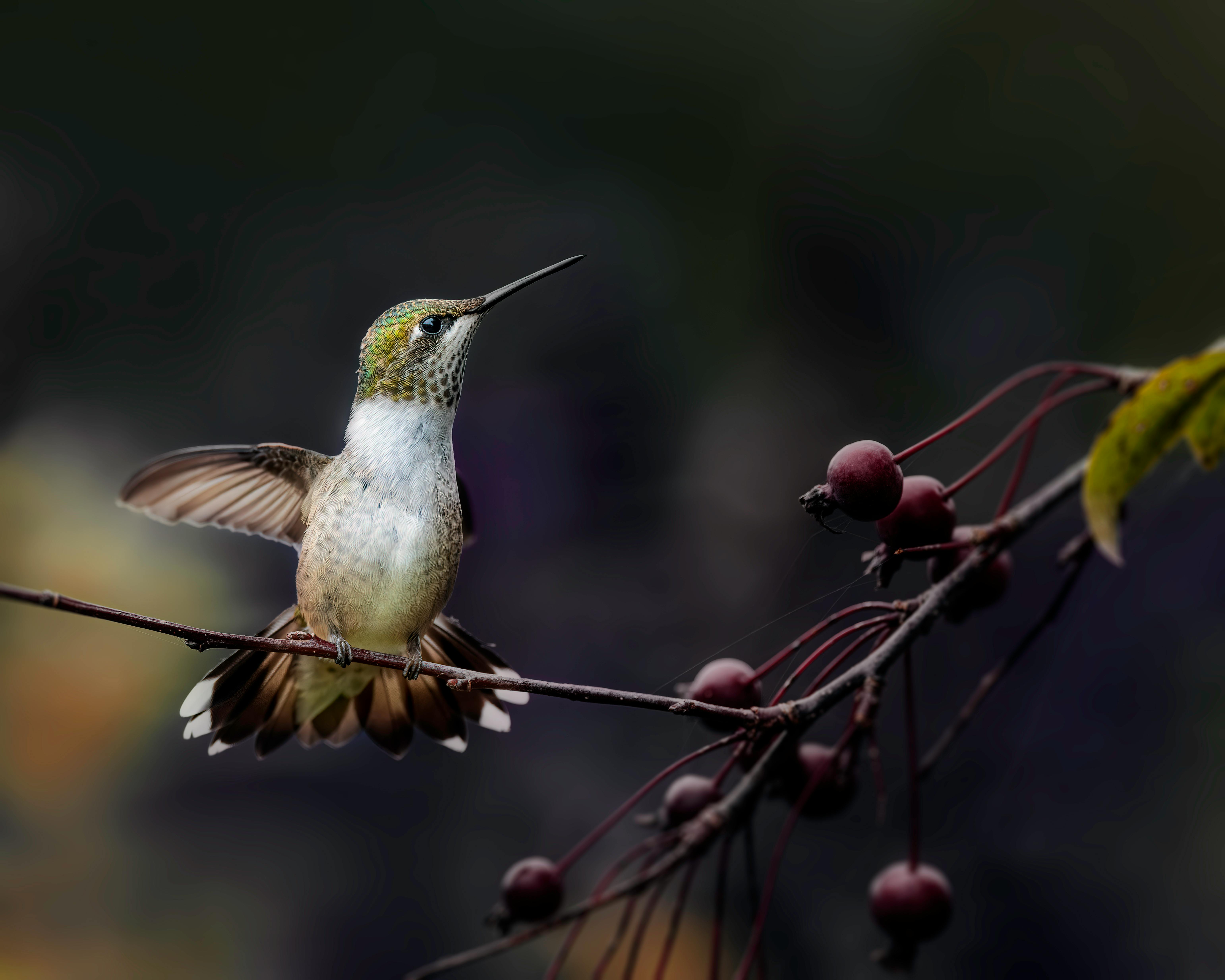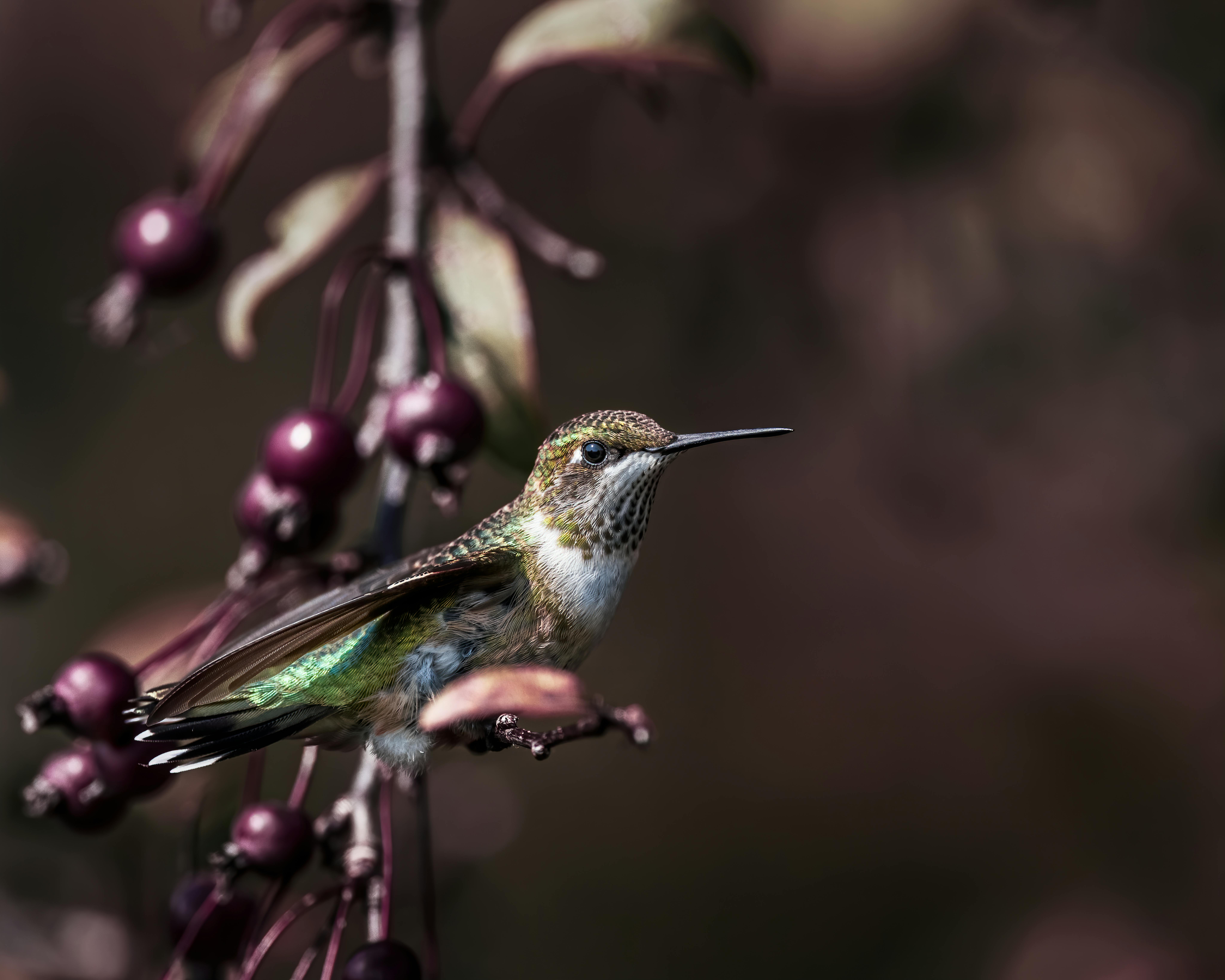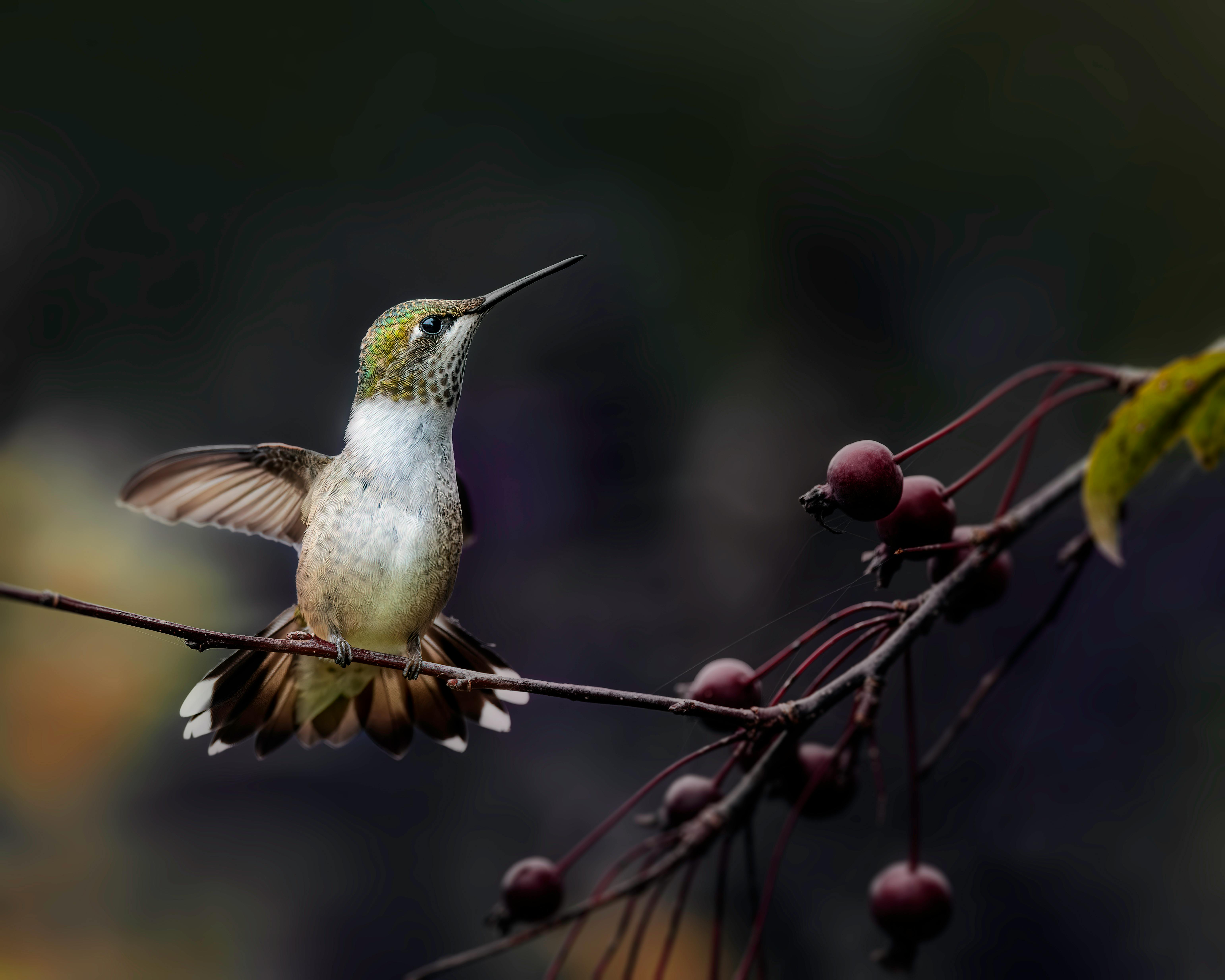Passion fruit is a tropical fruit that is widely enjoyed by many. It has a sweet and tart flavor that can be used in a variety of dishes. The question of how long it takes for the passion fruit to ripen is one that often comes up. To answer this question, it is important to understand the growing process of the passion fruit and the factors that can affect its ripening time. In this article, we will explore how long it takes for passion fruit to ripen and what you can do to speed up the process.The main factors that affect how long passion fruits take to ripen are the temperature, humidity and exposure to sunlight. If the temperature is too low, it will slow down the ripening process. High humidity can also cause the fruit to spoil before it has a chance to ripen fully. In addition, exposure to direct sunlight can cause the fruits to over-ripen quickly.
How To Tell When Passion Fruit Is Ripe
Passion fruit is a sweet and tart tropical fruit, popularly used in juices, desserts, and cocktails. It has a thick, leathery skin that can range in color from yellow-green to deep purple. Knowing when passion fruit is ripe will help you get the most flavorful fruit. There are several indicators that can tell you when the fruit is ready to pick.
The first indicator of ripeness is the color of the passion fruit. As the fruit matures, it will go from a light green to a dark purple or blackish hue. If you are looking for a sweeter passionfruit flavor, look for those with a bright yellow-orange hue. The softer the skin is, the riper it will be.
Another indicator of ripeness is the aroma of the passionfruit. As it ripens, it should give off a strong sweet aroma that will draw you in. If there’s no scent coming from the passionfruit, it might not be ripe yet.
Finally, ripe passionfruit should have some give when gently squeezed. Unripe fruits will feel hard and firm while ripe fruits will be slightly soft to the touch. Be careful though as overripe fruits might have too much give and could be bruised or mushy.
By looking for these indicators, you can easily tell when passionfruit is ripe and ready for picking. Make sure to pick only those that are at their peak ripeness so that you can enjoy their full flavor and sweetness!
How To Speed Up The Ripening Of Passion Fruit
Ripening passion fruit can take some time, but there are a few tricks you can use to speed up the process. One way to speed up the ripening of passion fruit is to place it in a paper bag. This traps the ethylene gas that naturally occurs when the passion fruit ripens, which helps it to ripen more quickly. You can also place an apple or banana in the bag with the passion fruit, as these also produce ethylene and will help to speed up the process even further.
Another way to help your passion fruit ripen faster is to put it in direct sunlight for a few hours. The heat from the sun will help to hasten the ripening process, although make sure you don’t leave it out too long as this could cause it to overripen and become mushy.
You can also try microwaving your passion fruit for a few seconds at a time. This will generate heat which should help to ripen it quicker, but be careful not to overdo it as this may cause it to become mushy and unpalatable.
Finally, if your passion fruit has already started to soften slightly but still isn’t quite ripe enough then you could try putting it in boiling water for a few seconds and then immediately transferring it into cold water afterwards. This will shock its cells and give them an extra boost, resulting in a quicker ripening process overall.
Using any of these methods should help you speed up the ripening of your passion fruit so that you can enjoy its sweet taste sooner rather than later.
How Long Does It Take For Store-Bought Passion Fruit To Ripen?
Ripening of store-bought passion fruit can vary depending on the condition of the fruit when purchased. Generally speaking, passion fruit can take anywhere from a few days to a few weeks to ripen. If the passion fruit is green when purchased, it can take up to two weeks for it to reach its optimal ripeness. On the other hand, if the passion fruit is slightly yellow when purchased, it may take less than a week for it to ripen.
To determine if passion fruit is ripe, gently squeeze the skin and feel for softness. Ripe passion fruit should be soft and slightly squishy. The skin should also be wrinkled and slightly discolored in spots. It will also have a sweet aroma similar to that of pineapple or mango. If the skin is still hard and greenish in color, then it is not yet ripe and needs more time to ripen before consuming.
One way to hasten the ripening process is by placing unripe passion fruit in a paper bag with other fruits such as apples or bananas (which release ethylene gas). This will help speed up the ripening process of the passion fruit as ethylene gas helps with softening of fruits and vegetables as they age. Additionally, store-bought passion fruits can also be left at room temperature until they are ripe enough for consumption.
Overall, store-bought passion fruits can take anywhere from a few days to a few weeks to reach their optimal ripeness depending on their initial condition when purchased. While there are some methods that can help speed up the process, patience is key when it comes to properly ripening this juicy tropical flavor!
How Long Does It Take For Home-Grown Passion Fruit To Ripen?
Growing passion fruit at home can be a rewarding experience, as the sweet and tart flavor of the fruit can make a great addition to your favorite recipes. However, it takes some time for the fruit to ripen before it’s ready to be enjoyed. On average, it can take anywhere from three to five months for home-grown passion fruit to ripen.
The timeline for ripening passion fruit depends on how it is grown and the climate of your area. If you’re growing your own passion fruit in a greenhouse or other controlled environment, then the ripening process may be faster than if you are growing them outdoors. The temperature and humidity of your area will also affect how quickly they ripen.
It’s important to keep an eye on the status of your passion fruit vines as they grow. You’ll want to watch for signs that indicate when the fruit is close to ripening. These signs include changes in color, texture, and smell of the skin of the fruits. When you detect these changes in your plants, you can expect that within a few weeks, the fruits should be ready for harvesting.
When harvesting at-home grown passion fruits, make sure that you don’t pull them off of the vine until they have reached their full maturity. This will ensure that they are sweet and flavorful when eaten fresh or used in recipes. If you harvest too soon, then you may not get all of the flavor out of them that you were hoping for!
Overall, it can take anywhere from three to five months for home-grown passion fruits to ripen depending on climate conditions and how they were grown. Keep an eye on your vines and watch out for signs that indicate when they are close to being ripe so that you know when to harvest them!

Signs of Fully-Ripe Passion Fruit
Passion fruit is a tropical fruit that is known for its unique flavor and aroma. It is a popular ingredient in desserts, juices, and smoothies. To ensure that you get the best flavor out of passion fruit, it is important to know how to identify when the fruit is fully ripe. Here are some signs that can help tell if your passion fruit is ready to be enjoyed:
The most obvious sign of a ripe passion fruit is the color of its skin. As the fruit ripens, it will begin to turn yellowish-orange in color and become slightly wrinkled. This is a good indicator that the fruit has reached its peak ripeness.
The scent of a ripe passion fruit can also help you determine if it’s ready for consumption. Fully ripe passion fruits have an intense sweet smell that will fill up the room when cut open. If your passion fruit doesn’t have any scent or just smells slightly sweet, then it may not be fully ripe yet.
The texture of a ripe passion fruit should also be taken into consideration. Ripe fruits are soft and fairly easy to squish with your fingers when gently pressed down on them. If your fruits are still hard to the touch, then they may need more time before they can be enjoyed.
Finally, another way to test for ripeness is by shaking the passion fruits gently. If you hear seeds rattling inside, then this means that the pulp inside has already softened and it’s ready for consumption!
By following these simple tips, you can make sure that you get the best flavor out of your passion fruits every time!
Health Benefits of Ripe Passion Fruit
Passion fruit, also known as granadilla, is a tropical fruit that has been used as a traditional remedy for centuries. It is packed with essential nutrients and antioxidants that can help improve your health in many ways. Passion fruit is a good source of fiber, vitamins A, C, and B-complex, minerals like iron and potassium, and even essential fatty acids. The high levels of antioxidants found in passion fruit have been linked to numerous health benefits. Here are some of the top benefits of consuming ripe passion fruit:
1. Boosts Digestive Health
The fiber content in ripe passion fruit can help improve digestive health by promoting the growth of beneficial bacteria in the gut. This helps to reduce bloating and abdominal discomfort while aiding digestion and absorption of nutrients from food.
2. Supports Cardiovascular Health
Passion fruit contains flavonoids which have been found to help reduce inflammation and improve cholesterol levels in the body. This can help protect against heart disease risk factors such as high blood pressure and stroke.
3. Helps Fight Free Radicals
Passion fruits are rich in antioxidants such as polyphenols, carotenoids, anthocyanins, phenolic acids, flavonoids, and other phytochemicals which help fight free radicals responsible for causing damage to cells and DNA. This helps reduce the risk of chronic diseases including cancer.
4. Improves Skin Health
The antioxidants present in passion fruits can help protect your skin from environmental damage due to sun exposure or other pollutants. Additionally, it can aid in reducing wrinkles and improving skin tone.
5. Aids Weight Loss
Passion fruit is low in calories but high in dietary fiber which helps keep you full for longer periods of time while aiding digestion at the same time. This makes it an ideal snack for those looking to lose weight or maintain a healthy weight.
<br
Is Unripe Passion Fruit Edible?
Unripe passion fruit is not typically considered edible due to its sour and bitter taste. When unripe, the skin of a passion fruit is hard and not typically palatable. The flesh is also stringy and has an acidic flavor. While some people do consume unripe passion fruit, it is not recommended as it can cause digestive discomfort.
The best way to enjoy a passion fruit is when it is ripe. A ripe passion fruit will have a soft skin that yields slightly when pressed. The inside will be sweet and juicy with an array of edible seeds. The flavor of a ripe passion fruit can range from sweet to tart depending on the variety.
When selecting a passion fruit, choose one that has no blemishes or bruises on its skin. If the skin appears wrinkled or dull, it likely means the fruit has passed its prime and won’t taste as good as one that’s still fresh. Ripe passion fruits should be stored in the refrigerator for up to five days before they are consumed or used in recipes.
Overall, while unripe passion fruits are not generally considered edible due to their sour and bitter taste, ripe fruits can be enjoyed for their sweet and juicy flavor. It’s important to select fresh fruits when possible and store them properly in order for them to retain their peak flavor until ready to eat.

Conclusion
Passion fruit takes a relatively long time to ripen, depending on the variety, but can be enjoyed when it’s still firm. It’s important to pay attention to the color, texture, and aroma of the fruit in order to determine when it is ripe and ready for consumption. If stored correctly, passion fruit can last up to several weeks and can be used in a variety of recipes or enjoyed fresh. With its sweet and tart flavor, passion fruit is an excellent source of vitamins A and C, potassium, iron, and fiber.
In summary, passion fruit ripens slowly but can be enjoyed when still firm. To determine when it’s ripe, focus on its color, texture, and aroma. When stored correctly in the refrigerator it will last up to several weeks so that you can enjoy its sweet-tart taste for longer.



